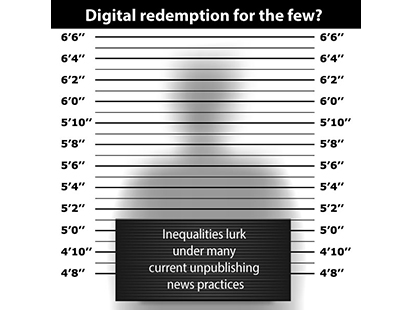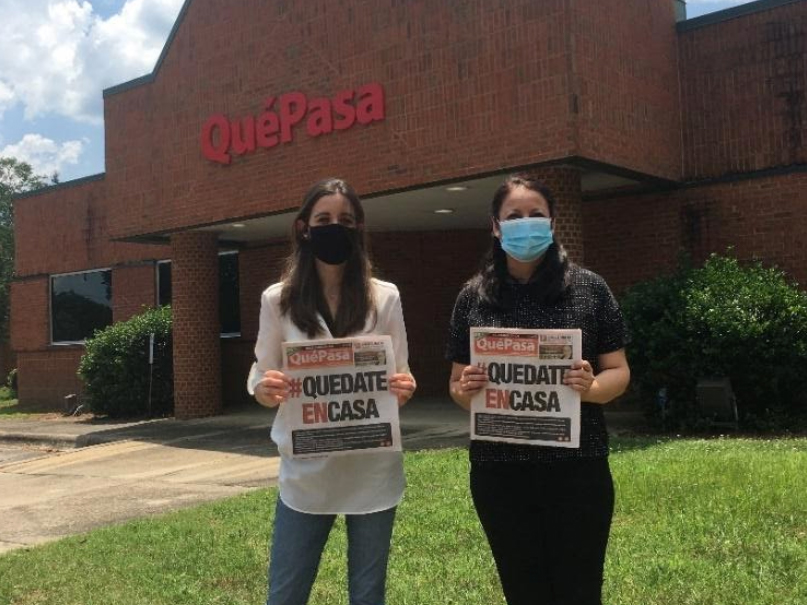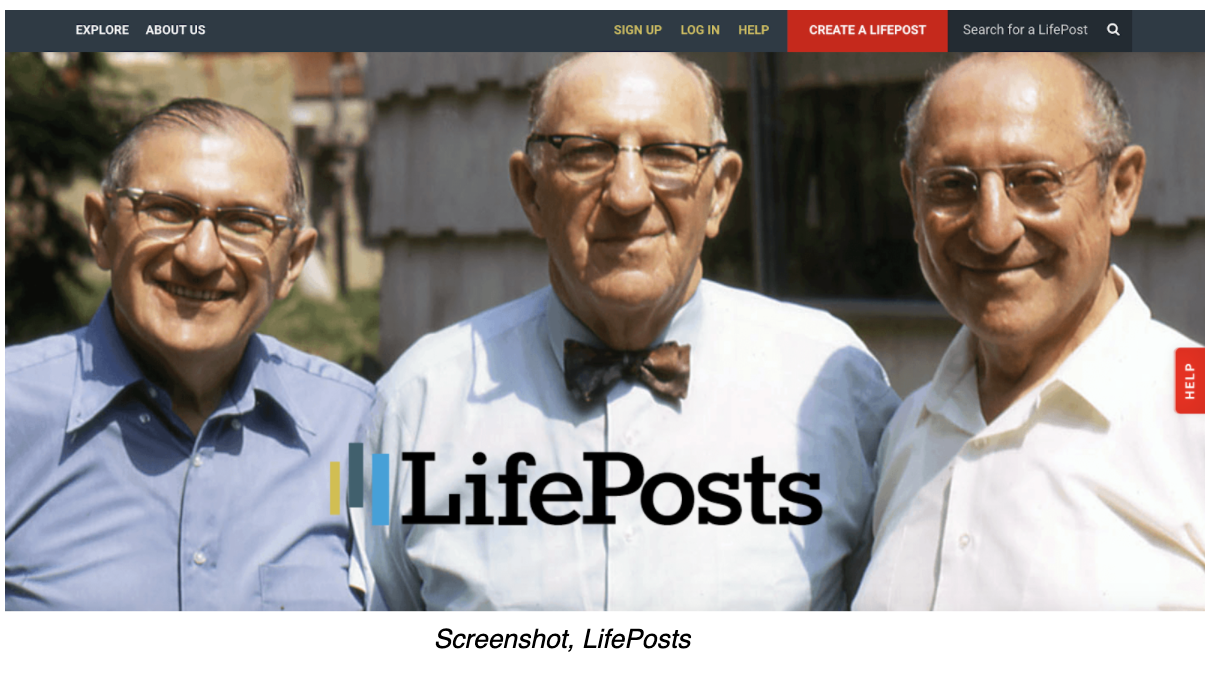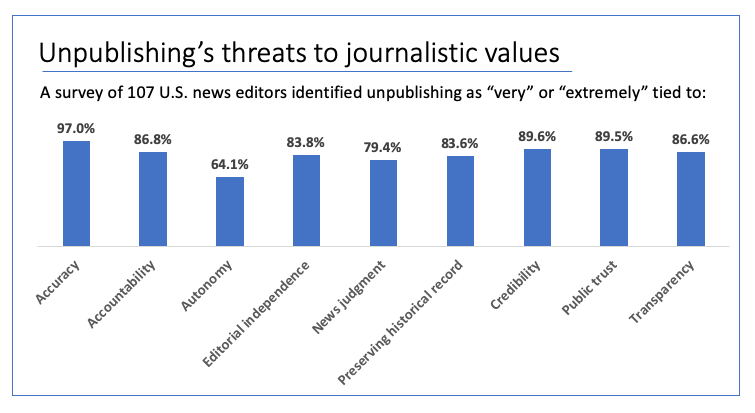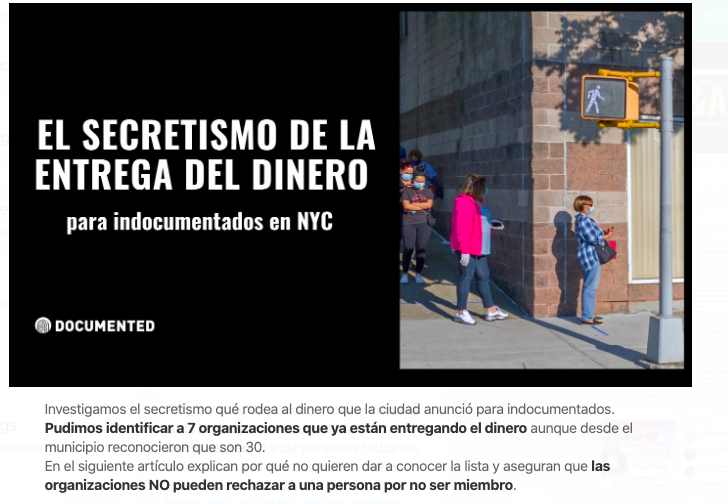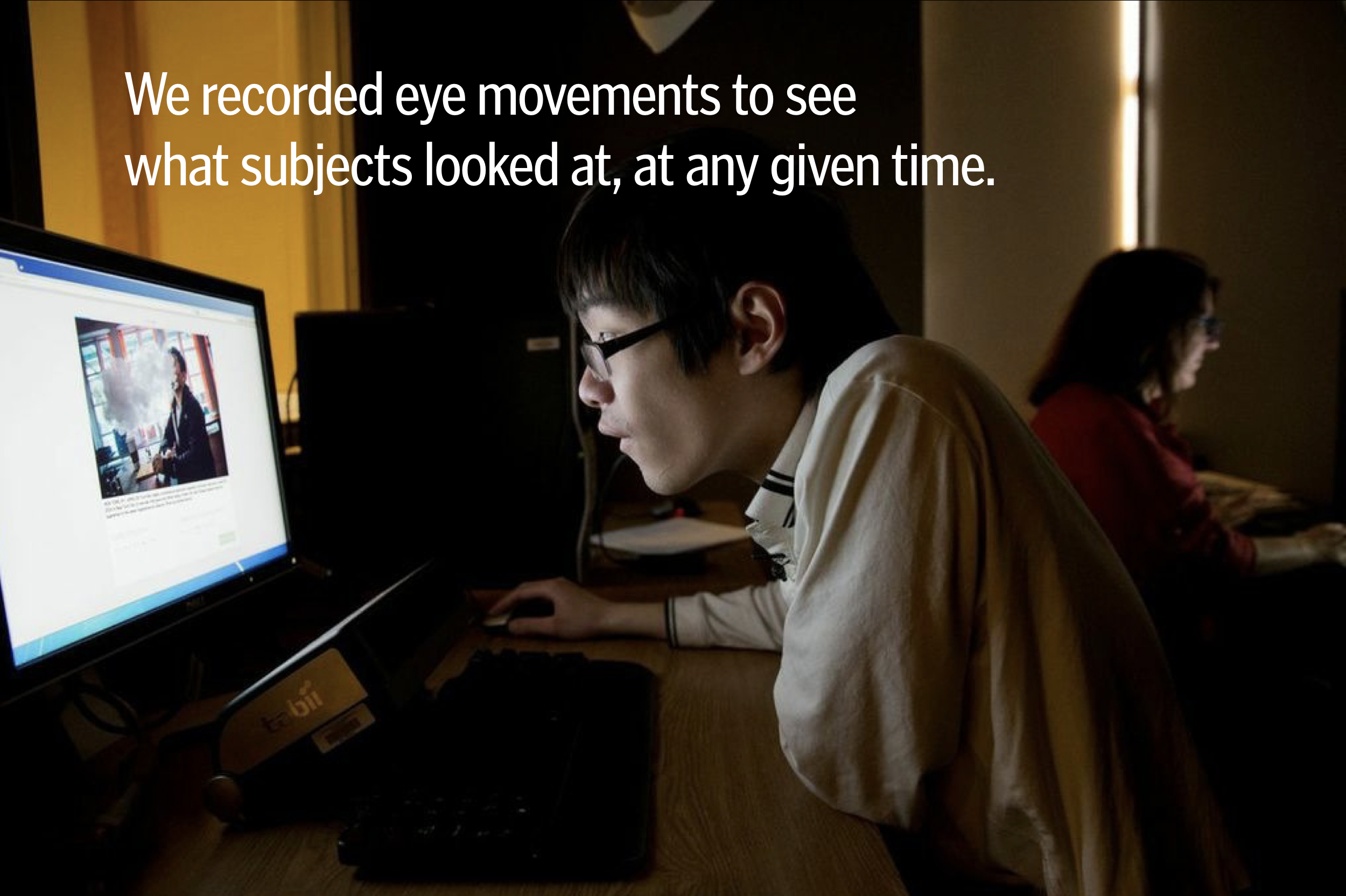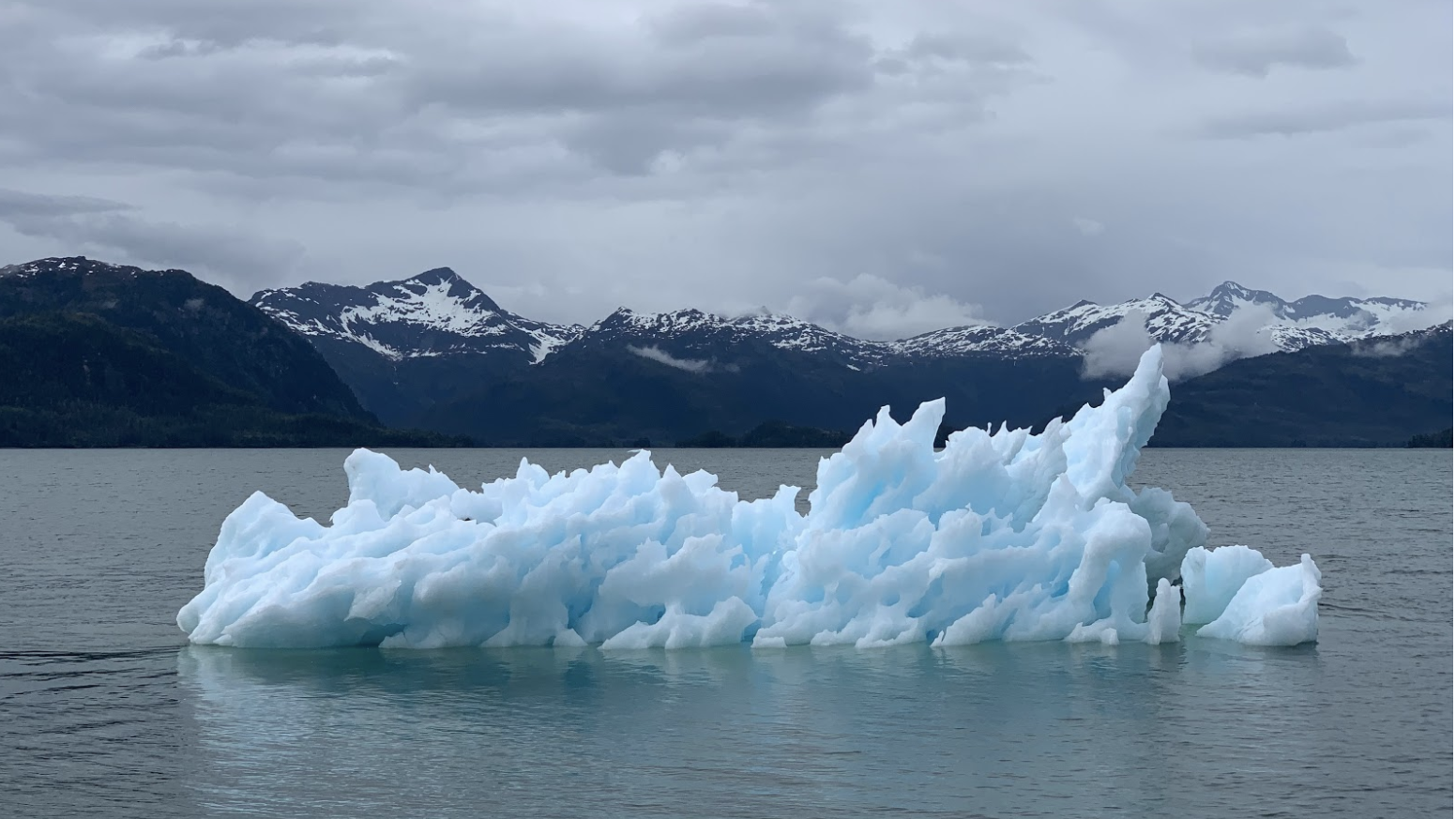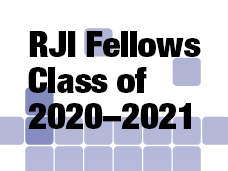
RJI Fellows Class of 2020–2021
This series features stories by RJI’s 2020–2021 class of fellows.
Good intentions for unpublishing may create unintended inequities
If you are working in a newsroom, you probably already know the challenges surrounding low-level crime reporting today. Crime briefs and the publication of mugshots drive a substantial number of unpublishing requests by individuals looking to shield these digital reminders of their past, often about old arrests or convictions. This has caused at least one … Continued
Hyperlocal solutions flourish to keeps Latinos informed
There are 59 million Latinos in the U.S., composing 18% of the national population. Latinos are the largest ethnic group in the country, yet there is a lack of national or, in most cases, state communications strategies to keep them informed. And now during COVID-19, timely and effective communication can make the difference between life … Continued
Can obituaries help save local news?
Years ago when asked what will save local news, Steven Waldman had two answers: national service and obituaries. You might know Waldman as the co-founder of Report for America, a Peace Corps-like model that pairs emerging journalists with local newsrooms to cover critical issues to those communities. After years of talking with journalists about what … Continued
Utilizing the WhatsApp audio feature for news
One of the most popular features of WhatsApp is the ability to leave a short audio message in lieu of a text message, video or photo. It’s a feature that’s widely used across the world, but less so in the United States. And Radio remains popular across Latin America, especially in areas with limited internet … Continued
Build a real-time dataviz bot (for free!)
When it’s not busy playing host to cryptocurrency scams, Twitter remains a widely adopted platform for the distribution of bite-sized information. For that reason alone, it’s well-suited to sharing real-time data—especially via charts and graphics.
Facing the pressure to unpublish
This project represents my commitment to helping the industry solve a problem that editors say is rising in importance: how to respond to requests by members of the public to “unpublish”—typically meaning deleting or significantly altering—online news content that identifies them in a way that they would rather forget. Often, but not always, the request … Continued
We’re meeting our audience where they are. Now what?
Early on in our existence we realized we were facing a challenge. Our reporting was about city, state and federal immigration related policies and how they were failing the New York residents they were aiming to serve. However, our metrics told us our stories were not always reaching the people the stories were about. I … Continued
Credibility and trust: A project to prove value of strong photojournalism
Every day, you swim through a sea of visual junk on the internet — selfies and mug shots and stock photos that could easily be interchangeable. Then, you come across a photo that resonates. It’s a moment captured with rare perspective. Maybe it’s a video explaining something you didn’t know about your community—or a photo … Continued
Fellowship investigates discrimination against Latino journalists in the U.S.
The Donald W. Reynolds Journalism Institute awarded seven fellowships for the 2020–21 academic year for projects that address the increasing challenges in covering climate change, unpublishing, harassment of marginalized journalists and more. A team from Fundamedios wants to gain a better understanding of the challenges and threats facing Latino journalists living in the U.S. in … Continued
The promise of environmental data journalism
Over the course of this RJI fellowship, I’m working with the nonprofit environmental magazine Grist to think through what it’d mean to build out a national environmental data-journalism unit—and, in turn, to take what we learn at Grist and translate these lessons into guides for other small or nonprofit newsrooms that might find themselves interested in similar work.
